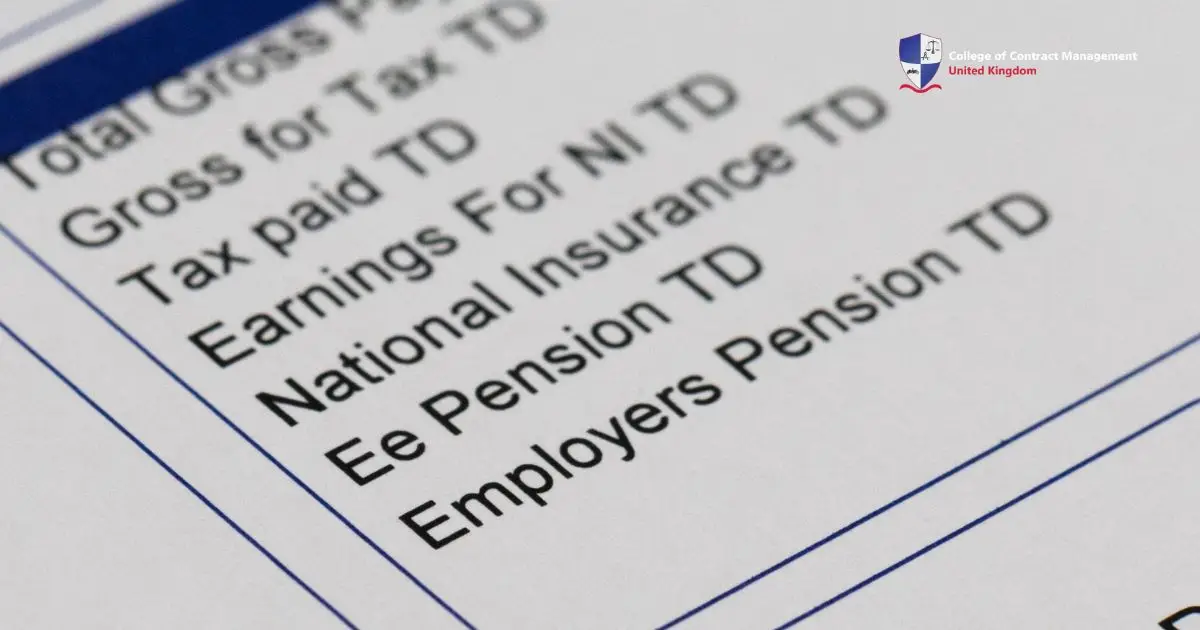Ethical Standards in Professional Practise
The RICS Rules of Conduct sets a new standard for professional behaviour in the real estate and construction industries. These rules guide how many members and firms should act ethically and professionally. They ensure that all actions align with high ethical standards and promote a positive work environment. By understanding and applying these rules, professionals can contribute to a more trustworthy and inclusive industry.
I. Rics Rules of Conduct: Highlighting the Importance of Integrity and Honesty
The RICS Rules of Conduct emphasise the need for honesty and integrity. Members and firms are required to act truthfully and transparently. This means avoiding misleading actions and ensuring all communications are clear and accurate. For instance, surveyors should never provide false information or omit important details.
Rule 1 underscores that integrity builds trust with clients and the public. Members must consistently demonstrate ethical behaviour in all their dealings. This approach helps maintain the profession’s high standards and public confidence.
To uphold these ethical standards, firms must have effective processes in place. Both members and firms must be open to disclosing their fees and services. They need to identify and manage conflicts of interest. This helps prevent situations where personal interests might compromise professional judgement. By doing so, members ensure that their advice remains objective and reliable. The rules advocate for regular reviews of these processes to adapt to any future challenges.
Furthermore, transparency is important for maintaining trust and respect. Members must disclose any potential conflicts or impartialities that could impact their work. Disclosure only arises when it serves its intended purpose. As a result, they maintain the credibility of their professional advice. The RICS Rules of Conduct encourage firms to create an environment where ethical behaviour is rewarded, thereby reinforcing positive practises.
II. Rics Rules of Conduct: Maintaining Professional Competence
Rule 2 in the RICS Rules of Conduct is maintaining professional competence. Members and firms must only undertake work that they are qualified to handle. This involves having the necessary knowledge, skills, and resources. Firms should also supervise their employees to ensure they perform competently.
Continuous professional development (CPD) is crucial for maintaining competence. Members are expected to regularly update their skills and knowledge. Firms should support their staff in this endeavour, ensuring everyone remains up-to-date with relevant legislation and standards.
The rules stress that CPD is not just a requirement but a basic aspect of professional growth.
Moreover, the RICS Rules of Conduct require firms to implement mentoring and coaching programmes. These courses aim to help less experienced members gain valuable insights and skills from seasoned professionals. This ongoing support serves to maintain high standards of competence throughout the industry.
III. Rics Rules of Conduct: Providing Good and Diligent Service
Rule 3 of the RICS Rules of Conduct is centred on delivering high-quality and diligent service. Members are expected to provide detailed and accurate work for their clients. This involves carefully assessing and addressing all aspects of a task. Clients are made to understand about the scope of service a certain job or project entails. In this way, members and firms ensure that their service meets professional standards. Thus, this rule is essential for maintaining trust and satisfaction in professional relationships.
Furthermore, diligent service requires continuous attention to detail and commitment. Members should regularly review their work to catch any errors or omissions. Firms and members should be able to take and keep notes of all the progress and modifications made. This practise not only improves service quality but also prevents potential issues from escalating. In addition, professionals should seek feedback from clients to refine their service. Consequently, this approach helps maintain high standards and client satisfaction.
It is important to note that delivering goods and services promptly builds a strong reputation and client confidence. Professionals who consistently meet or exceed expectations gain credibility and trust. As a result, they are more likely to attract and retain clients.
IV. Rics Rules of Conduct: Promoting Inclusivity and Respect
a. Fostering an Inclusive Work Environment
Rule 4 of the RICS Rules of Conduct focuses on respect and inclusion. Members and firms must treat everyone with courtesy and fairness. This includes avoiding discrimination based on age, gender, race, religion, beliefs, or any other improper grounds.
An inclusive work environment also means addressing unconscious bias and supporting equal opportunities. Firms should implement policies that promote diversity and inclusivity. This helps create a workplace where all employees can thrive and contribute their best. The rules also advocate for regular training on diversity and inclusion to ensure ongoing awareness and improvement.
To further promote inclusivity, firms should establish clear channels for reporting and addressing issues related to discrimination or inequity. This is done so that employees sense the feeling of respect and understanding within their working community. The rules then emphasise the importance of leading by example and creating the right culture for the organisation.
b. Acting in the Public Interest
Rule 5 of RICS Rules of Conduct is acting in the public interest. Members and firms must always prioritise the well-being of the public. This involves raising concerns about unethical practises and cooperating with investigations.
Firms should have mechanisms in place to handle complaints effectively. They must also ensure that their public statements do not undermine the profession’s integrity. By taking responsibility for their actions and addressing issues promptly, members and firms maintain public trust. These rules require transparency in how firms handle public concerns, thereby strengthening their commitment to ethical practises.
The RICS Rules of Conduct are more than just guidelines; they are essential tools for shaping modern professional practises. By adhering to these rules, members and firms can ensure they operate with integrity, maintain high professional standards, and foster an inclusive and respectful work environment. This approach not only enhances individual and organisational reputations but also contributes to the overall trust and credibility of the profession.
The RICS Rules of Conduct, therefore, play an important role in setting the benchmarks for excellence and ethical behaviour in the industry. To help you understand better, we have experts at the College of Contract Management UK who will explain the ethical standards outlined in the RICS Rules of Conduct.





